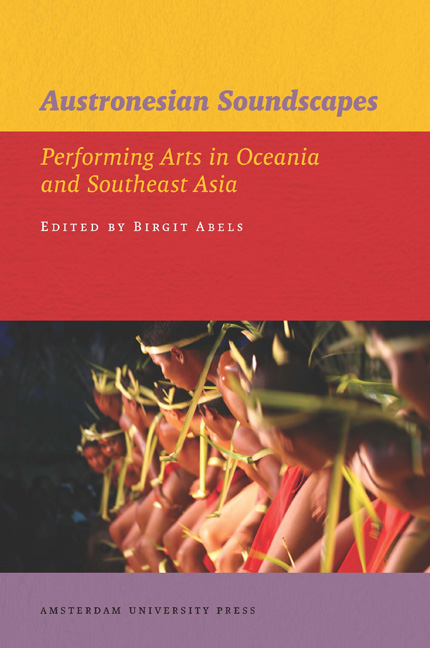3 - Malay-Islamic Zapin: Dance and Soundscapes from the Straits of Malacca
Published online by Cambridge University Press: 20 January 2021
Summary
Introduction
One of the most significant contributions of the confluence of east-west cultures in the Straits of Malacca since the 15th century has been the geo-political recreation of its performative traditions, asserting indigenous supremacy through the processes of syncreticising alien features into hybridised traditions. With the coming of Arab traders from the southern tip of the Arabian Peninsula, the 805-kilometre narrow stretch of water between the Malay Peninsula and the Indonesian island of Sumatra, named after the ancient Malay Sultanate of Malacca, became the most important gateway between the Middle East and Southeast Asia. The Arab presence in Southeast Asia became more significant with the opening of the Suez Canal in 1869, with the subsequent migration and assimilation of new Arab traders into the local populace. Arab migrants, the large majority of whom were men, migrated at an early age and married local women within the Arab settlement. Arab offspring from mixed marriages identified themselves with the country of their birth rather than the land of their forefathers and created indelible hybrids among the local performative traditions. Mutual familiarities that are expressed through a shared cultural medium such as music and dance between Arab offspring and the local population led to the formation of hybrid entities. The fusion of syncretised Arabic music and dance with Malay performative nuances could be observed in many performance traditions in Southeast Asia. Zapin, a profoundly syncretic Malay-Arabic-Islamic music and dance tradition in Malaysia, Singapore and Indonesia, is an example of such a hybrid.
Zapin is a hybrid of Arab zaffin dance and the music of the Hadhramaut Arabs usually associated with zaffa or wedding processions, and Malay dance movements and soundscapes. Zaffin is an exclusively male performance tradition normally performed in the Arab quarters of Hadhramaut and signifying patriarchal traditions. Malay zapin (which is now known by various other names such as jipin, jepin, japin, zafin and dana in Malaysia, Indonesia, Southern Thailand, Brunei and Singapore), on the other hand, celebrates events associated with weddings, circumcisions and social events of religious significance such as maulidur rasul (Prophet's birthday). It took root amongst the Malay-Islamic communities in the Straits of Malacca and became one of the most widely diffused Malay-Islamic folk dances and music traditions in insular Southeast Asia.
- Type
- Chapter
- Information
- Austronesian SoundscapesPerforming Arts in Oceania and Southeast Asia, pp. 71 - 84Publisher: Amsterdam University PressPrint publication year: 2012



